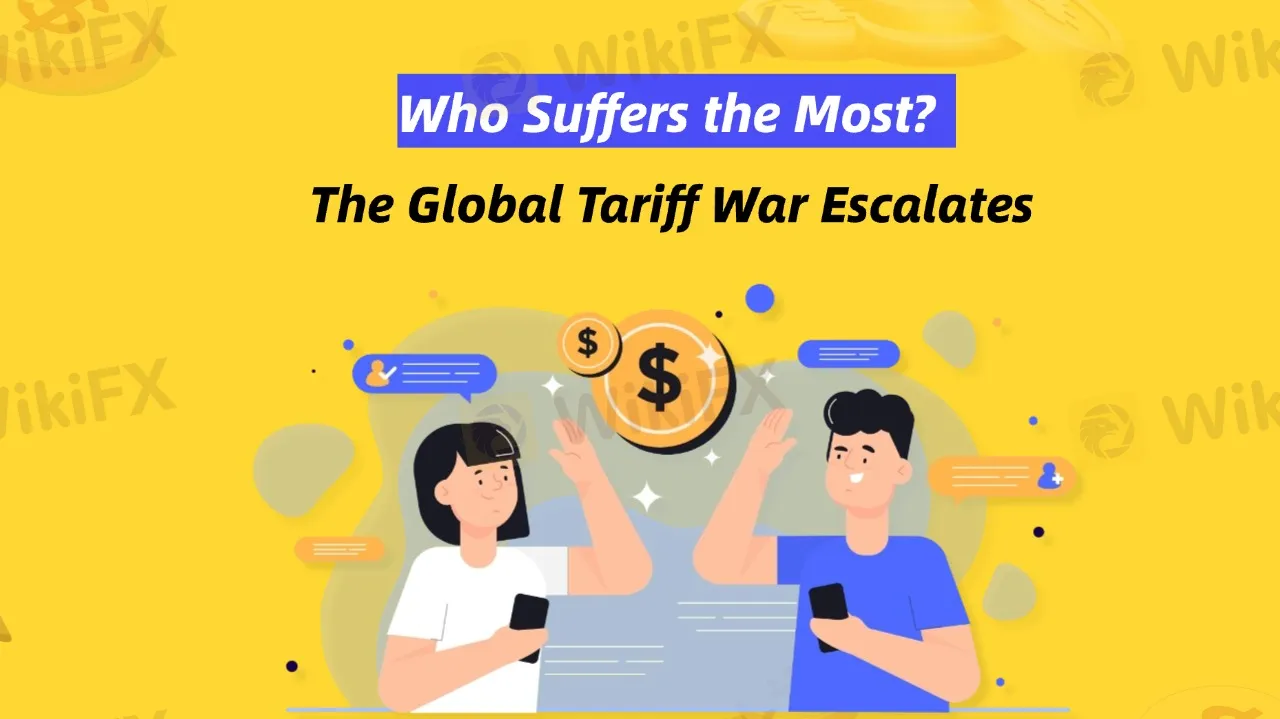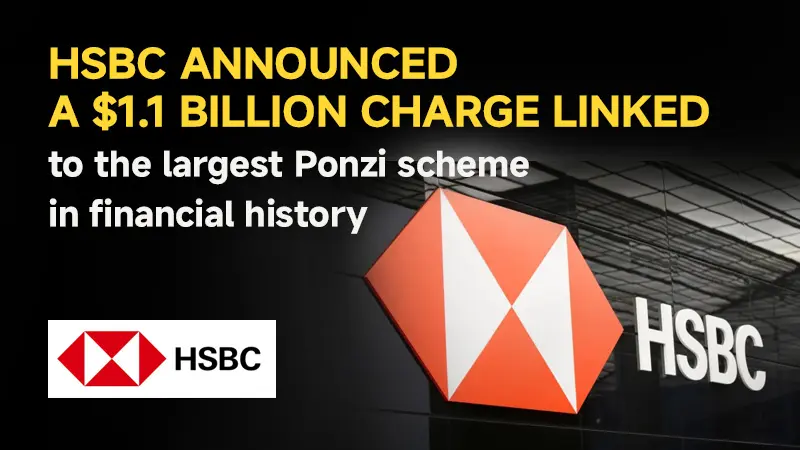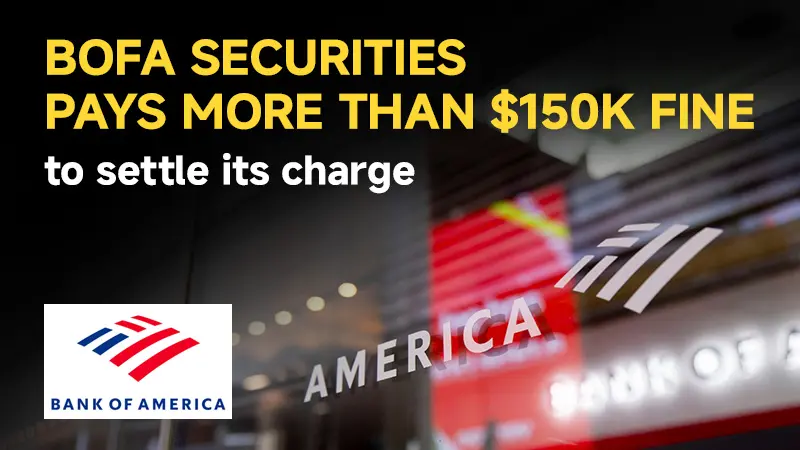简体中文
繁體中文
English
Pусский
日本語
ภาษาไทย
Tiếng Việt
Bahasa Indonesia
Español
हिन्दी
Filippiiniläinen
Français
Deutsch
Português
Türkçe
한국어
العربية
The Global Tariff War Escalates: Who Suffers the Most?
Abstract:The global trade war is intensifying as countries continue to raise tariffs, aiming to protect their own economies while creating greater market uncertainty. In this tit-for-tat game, who is truly bearing the brunt?

The U.S. government has once again wielded the tariff weapon, imposing a 25% tariff on imported steel and aluminum products starting March 12, affecting $151 billion in global trade. In response, the European Union swiftly announced retaliatory tariffs on $26 billion worth of American goods, while Canada imposed tariffs on $29.8 billion of U.S. imports.
These tariffs cover a wide range of products, from food and machinery to everyday consumer goods. Meanwhile, China has also escalated its countermeasures, imposing tariffs of 10% to 15% on 740 types of U.S. imports, including wheat, corn, and liquefied natural gas. As countries continue to take action, global trade tensions are mounting, fueling uncertainty across financial markets.
Although no country wants a full-scale confrontation with the U.S., they have little choice but to respond to the Trump administrations aggressive trade policies. The latest U.S. tariff hikes not only contradict its own goal of curbing inflation but also severely impact domestic businesses, with major automakers expected to see a 4% decline in profits. In retaliation, the EU and Canada have strategically targeted industries where the U.S. is most vulnerable, aiming to minimize costs for their own consumers while maximizing economic pressure on the U.S.
Furthermore, the evolving global trade landscape has forced governments to strike a delicate balance between protecting national interests and maintaining trade stability, leaving them no option but to continuously adjust their strategies to stay competitive.
Challenges for Investors
In the midst of this tariff war, global investors are facing unprecedented uncertainty. Markets are concerned that continued retaliatory measures could slow economic growth, heighten stock market volatility, and lower corporate earnings expectations. U.S. businesses are grappling with rising production costs and declining international demand, while companies in Europe, Canada, and China are also feeling the strain.
Additionally, the instability of global supply chains is further exacerbating the situation. Many analysts believe that if trade tensions continue to escalate, central banks may be forced to intervene with new policies, adding yet another layer of unpredictability. Investors must closely monitor trade developments and adjust their portfolios accordingly to mitigate potential risks.

Disclaimer:
The views in this article only represent the author's personal views, and do not constitute investment advice on this platform. This platform does not guarantee the accuracy, completeness and timeliness of the information in the article, and will not be liable for any loss caused by the use of or reliance on the information in the article.
Read more

Voices of the Golden Insight Award Jury | David Bily, Founder and CEO of Moneta Markets
WikiFX Golden Insight Award uniting industry forces to build a safe and healthy forex ecosystem, driving industry innovation and sustainable development, launches a new feature series — “Voices of the Golden Insight Awards Jury.” Through in-depth conversations with distinguished judges, this series explores the evolving landscape of the forex industry and the shared mission to promote innovation, ethics, and sustainability.

ASIC Launches Preliminary Investigation into Clime Australian Income Fund
The Australian Securities and Investments Commission (ASIC) has launched a preliminary investigation into the Clime Australian Income Fund, examining whether the Fund’s Target Market Determination (TMD) and Product Disclosure Statement (PDS) comply with Australian financial regulations. The investigation will also assess whether any breaches of the law have occurred in relation to the Fund’s investment activities.

HSBC announced a $1.1 billion charge linked to the largest Ponzi scheme in financial history
The British banking giant HSBC Holdings Plc has announced a potential $1.1 billion charge connected to the long-running Bernard Madoff Ponzi scheme, following a legal ruling in Luxembourg. The claim stems from Herald Fund, a European investment fund that sued HSBC over alleged losses related to the Madoff fraud.

BofA Securities pays more than $150K fine to settle its charge
BofA Securities, Inc. (BofAS) has agreed to pay a $155,000 fine and accept a censure from the Financial Industry Regulatory Authority (FINRA) after FINRA found multiple violations of market trading and supervisory rules.
WikiFX Broker
Latest News
WikiFX Elites Club Committee Concludes Voting! Inaugural Lineup Officially Announced
Fake Trading Platforms Are Spreading Fast Across Asia | How Investors Are Being Tricked
eToro CopyTrader Expands to U.S. Investors
Is MH Markets Safe or a Scam? Regulation and Fund Security Explained
How to Add and Take Out Money from Amillex Broker: A Complete Guide
FCA warning: These Firms are on the list
Ponzi Scheme Operator Sentenced to 14 Years in Western Australia
Dubai VARA Warns Against Vesta Investments
Don’t Get Scammed: A Roundup of Common Online Fraud Tactics in Forex
T4Trade broker Review 2025: Is T4Trade Regulated?
Currency Calculator



